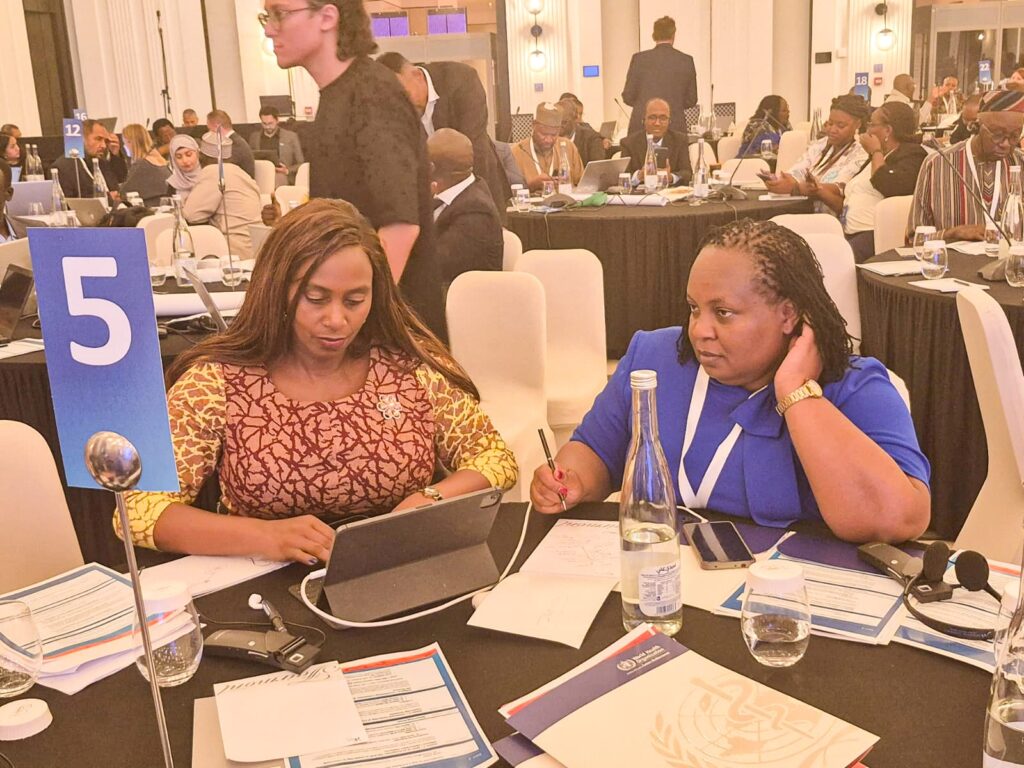Kenya has taken a leading role in driving efforts to strengthen health emergency preparedness across Africa, spearheading discussions on the creation of a Health Emergency Leaders’ Network. The initiative is designed to ensure countries are better equipped to handle health crises by fostering collaboration, enhancing coordination, and reinforcing resilience.
The proposed network will play a central role in mapping key health emergency stakeholders, improving cross-border collaboration, and ensuring the timely exchange of trusted information during crises. By uniting countries under a structured framework, the network seeks to eliminate fragmentation in responses and create stronger, more reliable systems of support.
Health emergencies such as pandemics, outbreaks, and climate-related disasters continue to expose vulnerabilities in national health systems. The creation of a network of leaders dedicated to managing these threats represents a significant step toward advancing health security. The focus will be on collective preparedness, ensuring that all participating nations can draw from shared expertise and resources when faced with crises.
In her address during the high-level discussions, Kenya’s leadership highlighted the importance of diplomacy and policymaker engagement in operationalizing health agreements. Building effective networks requires more than technical expertise; it demands commitment at political and policy levels to ensure strategies are translated into action. Strong collaboration with regional bodies and global partners will also be critical to sustaining this effort.
The establishment of the Health Emergency Leaders’ Network is expected to serve as a platform for knowledge exchange, capacity building, and joint planning. It will encourage governments to invest in early warning systems, rapid response capabilities, and resilient healthcare infrastructure. Moreover, it will foster solidarity among African nations, recognizing that health emergencies do not respect borders and require coordinated solutions.
Kenya’s leadership in this initiative reinforces its reputation as a regional hub for health diplomacy and innovation. By championing preparedness, the country is contributing not only to the safety of its citizens but also to the protection of communities across the continent. As the network takes shape, its success will hinge on sustained political will, resource mobilization, and inclusive participation from all stakeholders.
The move marks an important step in building a continent that is proactive rather than reactive, prepared rather than vulnerable, and united in safeguarding the health and well-being of its people.

